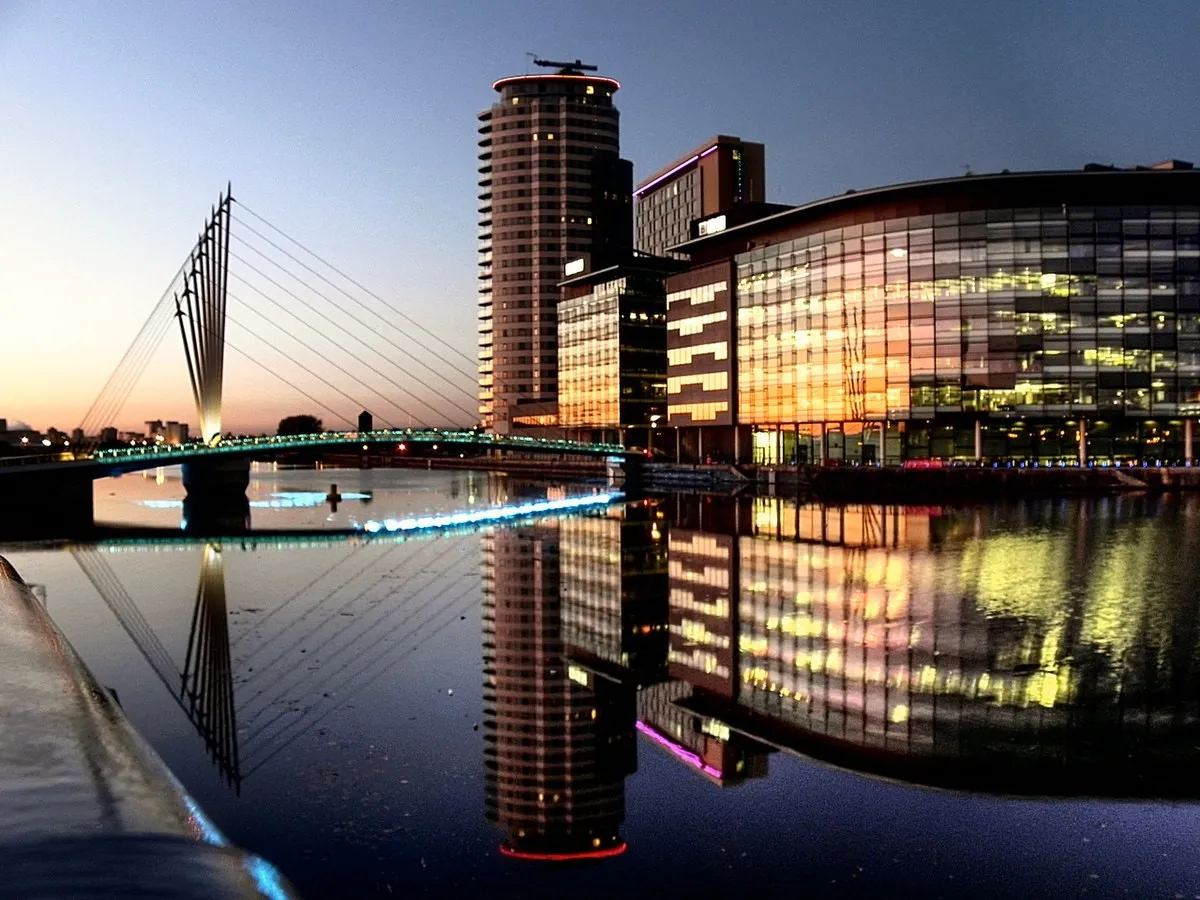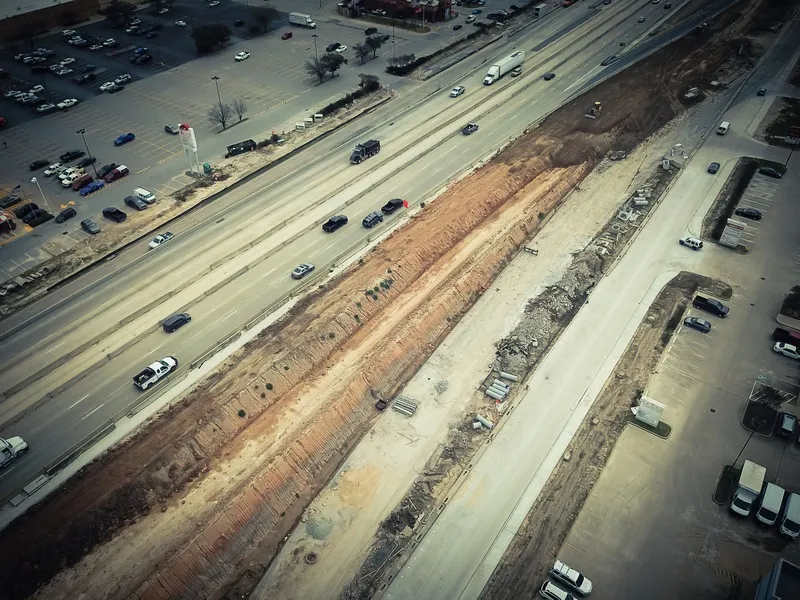
Six start-ups will participate in a smart city innovation testbed launched at Salford's MediaCityUK to examine how cities can use technology to adapt post-Covid-19.
Part of an agreement with UK government agency Connected Places Catapult, the initiative will look at Internet of Things (IoT) applications and alternative transport provision.
A statement released on MediaCityUK's website says one of the firms involved, R-Com, has a smart city solution which includes a suite of sensors that can count passengers on public transport, measure air quality and monitor vehicles on roads, with the firm also providing real-time analysis and IT support.
Steve Pearce, non-executive chairman at R-Com says: “The pandemic has thrown a spotlight on the way we all travel, work and generally move around.”
“Offering alternative mobility solutions such as cycleways and traffic free areas and finding ways to refocus and rebuild confidence and opportunity in urban areas have become pressing priorities,” he continues.
R-Com provides data in areas such as passenger numbers, traffic patterns and cycling activity, which can then be used to test potential infrastructure investments without wasting money.
The testbed is also welcoming air quality data company Atmo Technology and Hello Lamp Post, a firm that invites people to interact with their built environment while collecting data to better inform the development of cities of the future.
Other participants include IoT platform developers Cyber Defence Service, Secure Sensor Innovative Design and Pulse Systems.
The testbed led by innovation specialists UP Ventures will coach the six companies to develop products with the aim of securing investment, explore how cities can develop by using IoT and provide a living lab environment until April.
These companies will also receive masterclasses, online coaching and access to decision makers from the industry and investment community.
The testbed will also utilise its campus-wide WiFi provision, which MediaCityUK insists operates at 200mb per second allowing the connection of hundreds of devices at the same time as well the Vodafone 5G testbed incubator space.
MediaCityUK is a 200-acre development on the banks of the Manchester Ship Canal in the city of Salford, Greater Manchester.








